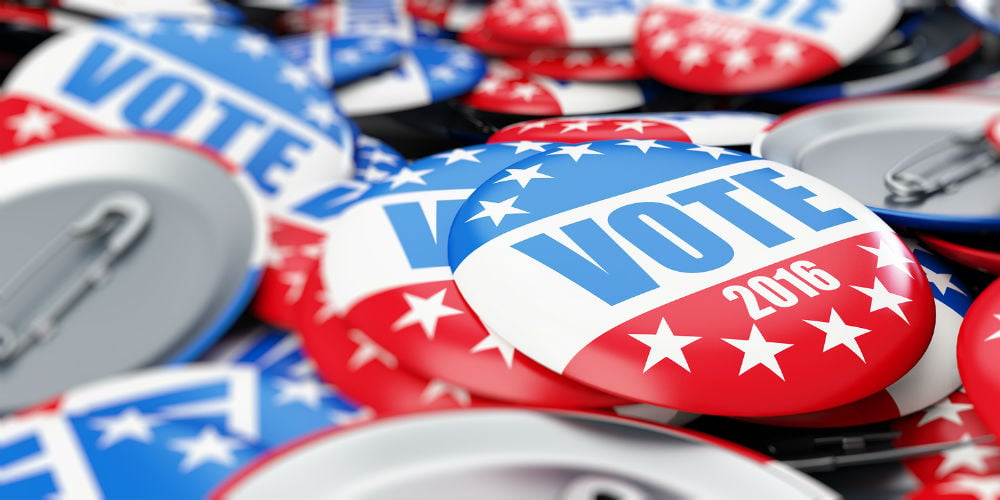HR Answers: Maintaining workplace civility in an election year
Follow these three essential habits to avoid office conflict.

It’s an election year in the U.S. That means elevated levels of election coverage, civic engagement and—unfortunately—interpersonal conflict. Political rhetoric has reached a fever pitch and the campaign trails have blazed a path both divisive and intense. The 24-hour cable news networks have conditioned Americans to think that constantly talking politics is normal and that a combative tone is the standard tenor to adopt. While this might yield ratings for Rachel Maddow or Tucker Carlson, it can sour office relationships.
Office relationships exist on a sort of hybrid ground. Most employees spend 40-plus hours a week at work, meaning they will often spend as much or more time with their coworkers than their family. That fosters familiarity and can yield strong relationships. At the same time, they are not elective relationships. The old adage that you choose your friends, but not your family is also true of your coworkers. Workplace relationships are, by nature, more formal. As a result, they must be handled with care. Political disagreements between family members have more context and more options for resolution. While a dinner table political shouting match among family might result in family members “hugging it out” or result in a feud, you don’t have the luxury of allowing members of your staff to not speak to each other.
Politics have become increasingly partisan, often to a toxic degree. One of the strengths of a thriving workplace is that it brings together a diverse staff. People of different ages, ethnicities, backgrounds and interests come together to help an organization achieve its goals. How can you foster an attitude of mutual respect in your credit union while avoiding tribalism?
continue reading »




